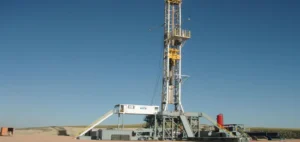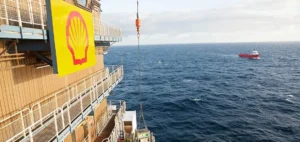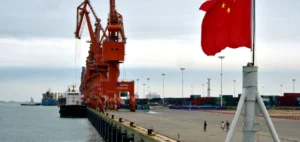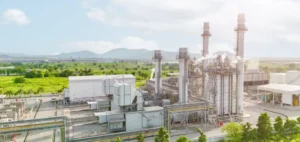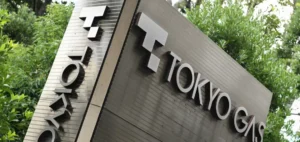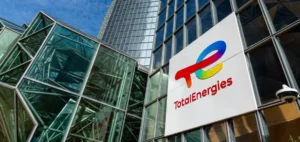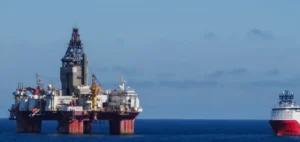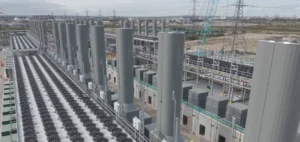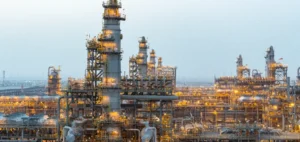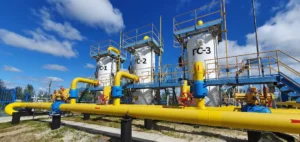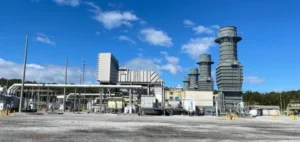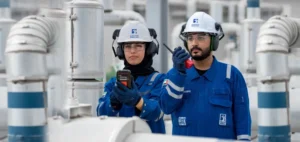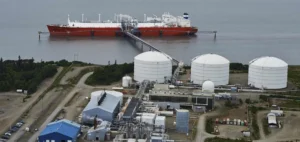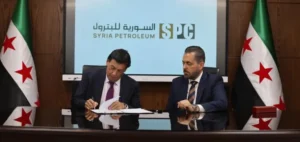Qatar announced Tuesday a major agreement to supply Germany with liquefied natural gas (LNG) for 15 years, in the midst of a global energy crisis caused by the war in Ukraine.
The agreement, between Qatar Energy and U.S.-based ConocoPhillips, will contribute “to efforts to support energy security in Germany and Europe,” Qatari Energy Minister Saad Sherida Al-Kaabi said at the signing ceremony in Doha.
Under this agreement, the Gulf country will supply from 2026 “up to 2 million tons of LNG per year” to the gas terminal being built in Brunsbutell in northern Germany, said the minister.
Deliveries will be made for “at least 15 years” by ConocoPhillips, Qatar Energy’s partner in the development of the offshore North Field, the world’s largest natural gas field, which Qatar shares with Iran.
This contract is “a vital contribution to global energy security”, said the CEO of the American company, Ryan Lance.
European countries have been looking for alternatives to Russian gas since Russia invaded Ukraine in February.
But negotiations with Qatar have been difficult, as Germany and other countries have refused to sign long-term agreements identical to those linking the Gulf country to its main customers in Asia.
Last week, Qatar signed a record 27-year agreement with China for 4 million tons per year.
Qatari officials did not address the issue of price, but the relatively short duration and timeframe of the contract with Germany should be associated with an additional premium, market experts believe.
Intense discussions
Saad Sherida Al-Kaabi said that Qatar Energy was in negotiations with German companies to increase the “volumes” supplied by his country.
The gas to be delivered to Germany from 2026 will come from the North Field South and North Field East fields, developed with Western energy giants, including France’s TotalEnergies and Britain’s Shell.
Already one of the world’s leading producers of liquefied natural gas, Qatar aims to increase its production by more than 60% by 2027, to 126 million tons per year.
With soaring international prices, its export revenues nearly doubled last year, according to official media reports.
Asia (led by China, Japan and South Korea) is the main market for Qatar’s gas, but the country is increasingly being courted by Europeans.
“There are very intense discussions with European buyers, and with Asian buyers,” said Saad Sherida Al-Kaabi, stressing the “scarcity of gas to come in the next few years.”
“We don’t have enough teams to work with everyone, to meet all the needs.”
He said the China deal shows that “Asian buyers are feeling the pressure to make long-term deals.”
The Brunsbuttel terminal supplies customers of the German energy companies Uniper and RWE.
According to the German Minister Robert Habeck, these companies are sourcing on the global market, and choose “the most favorable offers for consumers on the global market”.
“But Qatar is not the only supplier in the market,” he added.
For Bill Farren Price, of the research firm Enverus, this agreement underlines the importance and the “key role that Qatari LNG will play in filling the gap created by the virtual halt in Russian gas exports to Europe”.



